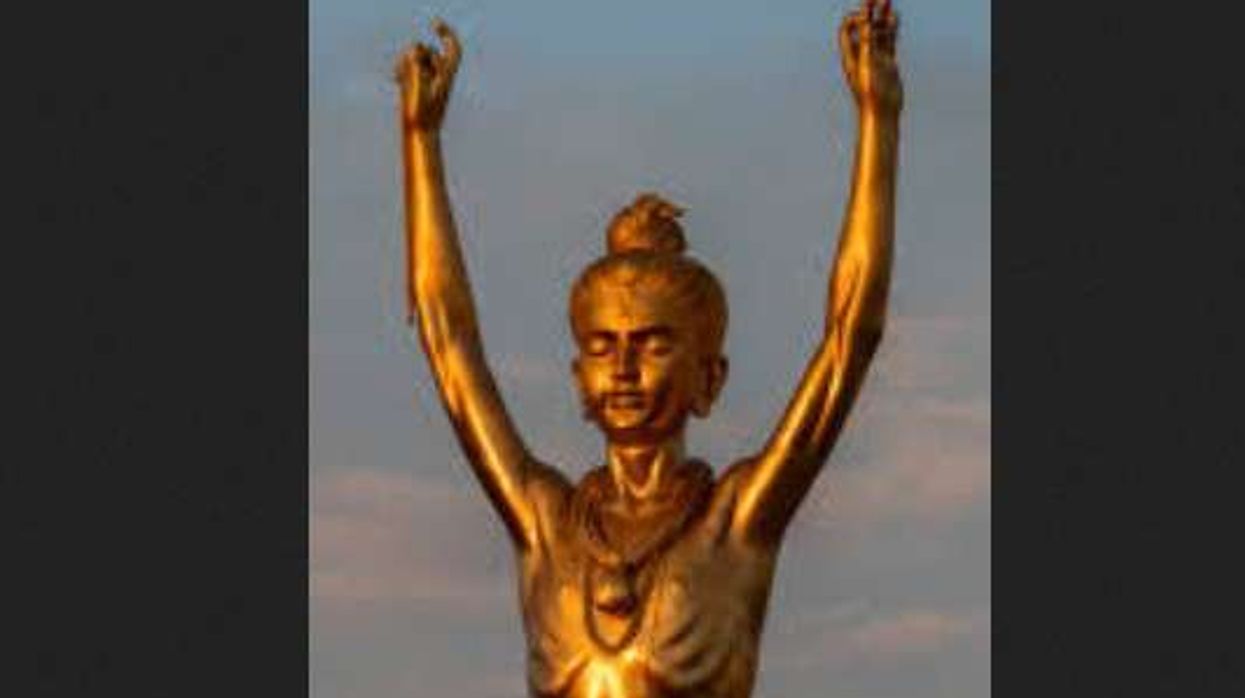by LAUREN CODLING
A SOUTH ASIAN historian has emphasised the importance of remembering the contribution of Commonwealth soldiers during the Second World War, following events last month to mark the 75th anniversary of VJ Day.
The Royal British Legion (RBL) paid tribute to the millions of soldiers who lost their lives during the Second World War with a commemorative service on August 15. The charity recently launched an interactive map on its website to show the nations whose service personnel were part of Britain’s war effort. It was also an opportunity for members of the public to share the stories of those who lived through the conflict, it said.
South Asian historian Kiran Sahota praised the move, saying it was a way to reveal tales which sometimes were overlooked in the mainstream. “We’re uncovering stories not often told in the media or not often taught in schools,” she told Eastern Eye. “If people want to know what the Commonwealth contribution is and really take part in something, then I would encourage them to search on the (RBL) website and look at this material.”
Sahota revealed that she learned about the contribution of the British Indian Army when she was in her late 20s. She saw a news report on a former soldier talking about the contribution by Sikhs and was surprised by that, since she came from a Sikh background herself but knew little about it. Other family members, such as her mother and grandfather, did not know much, either.
“You would assume that we would know our history,” Sahota said. “But I soon realised that not everyone does.”
During her time in school, she admitted not being able to recall learning anything about the role of Commonwealth soldiers during the world wars. Sahota now believes that contribution should be taught in schools so everyone has a chance to find out about their shared history. She has recommended that students learn that the British relied on help from other nations as it raised an army to fight the wars.
“I believe that would excite children because I work with young people across the country from the most deprived areas who don’t study history. Their families don’t know their history, and they don’t know any of this,” she said. “If they were taught it pre-GCSE, I think it would encourage a lot more students to take (history) as a GCSE.”
“We’ve got to introduce these narratives into school, because that’s where young people spend most of their time,” she added.
Sahota attended the RBL festival of Remembrance last year. Admitting she was “shocked and taken aback” by the personal stories shown at the festival, she felt honoured to hear narratives she might not have been exposed to otherwise. “This hidden history started coming out and I thought it was really beautiful,” she said. “There’s so much division at the moment and some people don’t know how to feel about Remembrance.
“But I just thought it was really moving that we were celebrating and not just the white faces that we are used to. You can see men and women that represent our communities, and so we can feel like we are part of it.”
Members of the public can access the full programme of activities, view the interactive map, leave a message of thanks or upload their own experience of VJ Day at www.rbl.org.uk/vjday75











